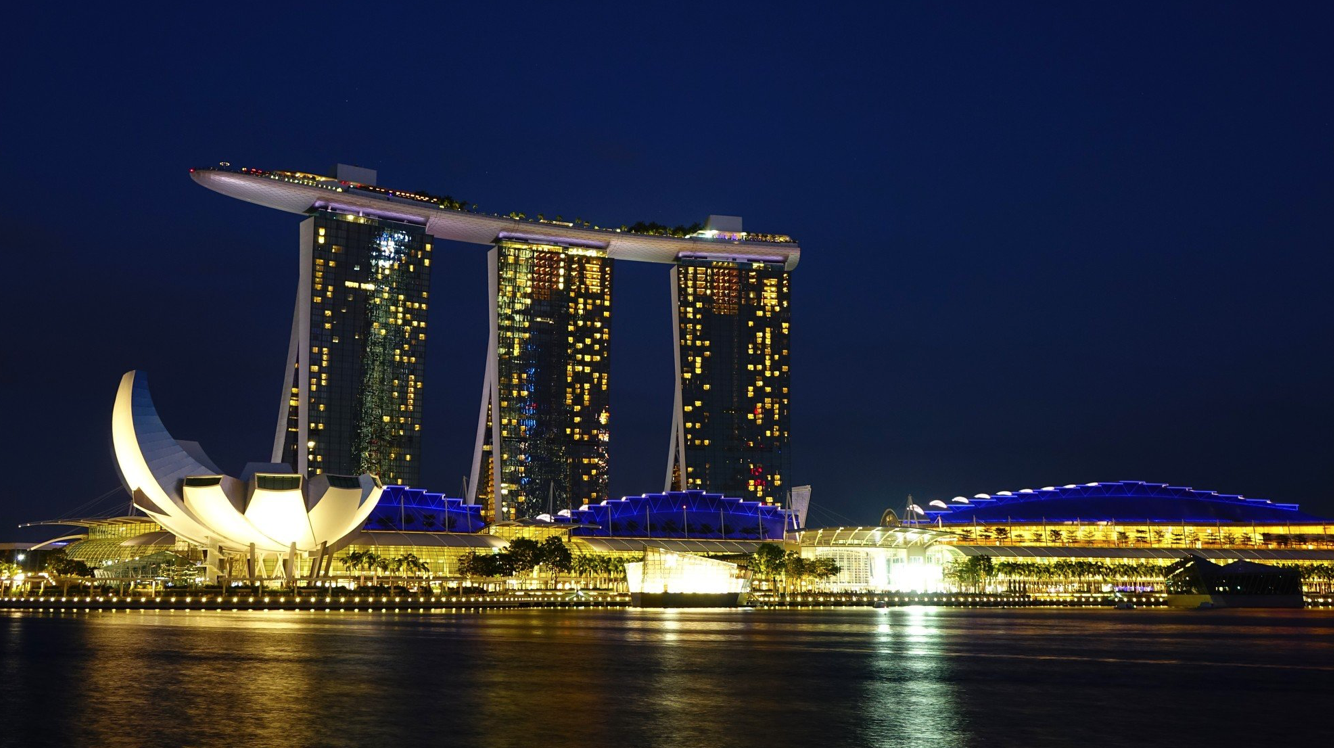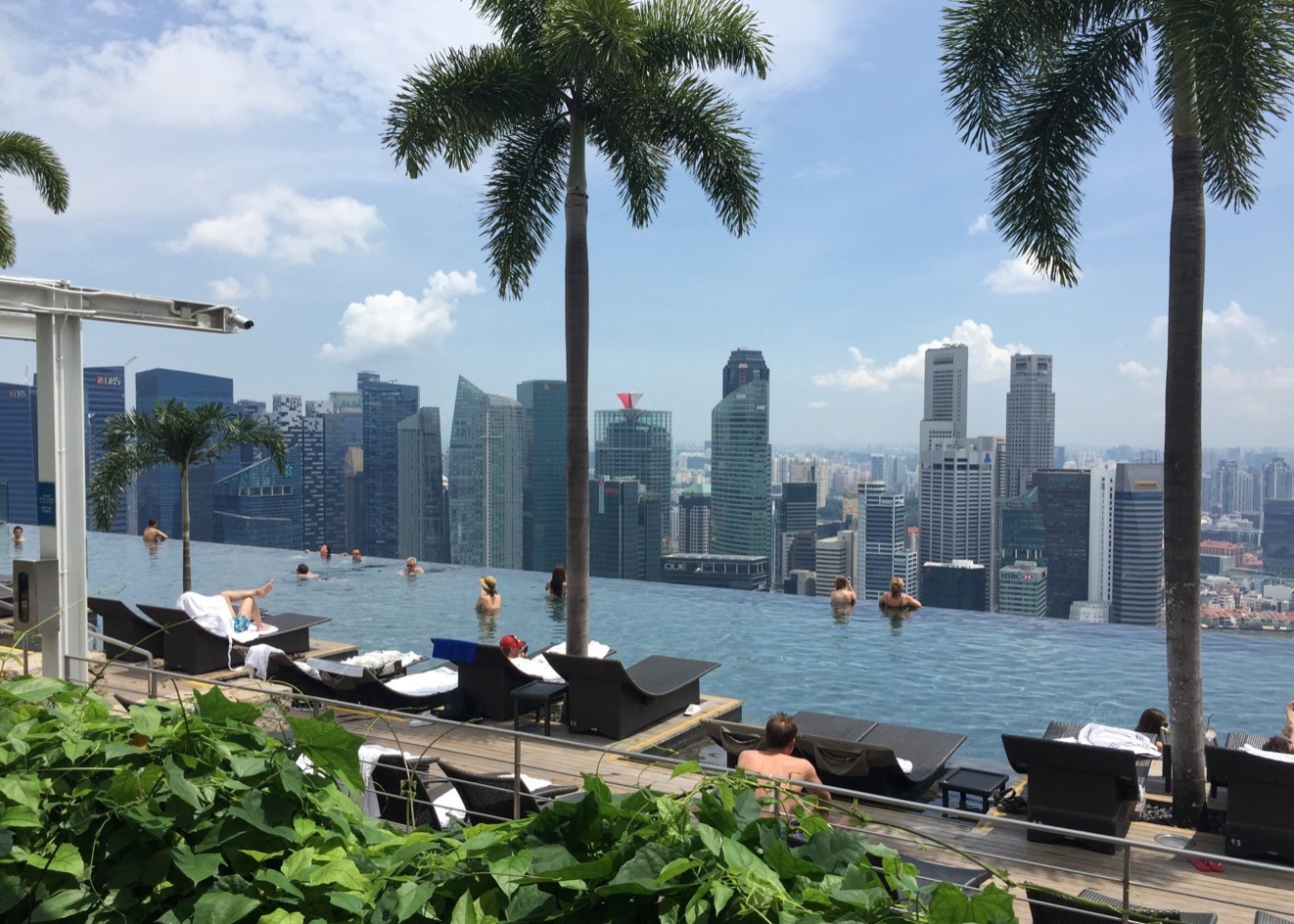Whether you’re drawn by the professional opportunities, the high quality of life, or the cultural diversity, Singapore offers a dynamic and supportive environment for expatriates.
Venturing into a new country for work not only brings forth exciting opportunities but also entails a myriad of legal preparations to ensure a seamless transition. Singapore, known for its vibrant economy and multicultural workforce, remains a top destination for professionals worldwide.
To navigate the legal landscape of working in Singapore effectively, it is crucial to acquaint oneself with the necessary employment passes, housing regulations, and local compliance laws. This guide aims to equip you with essential insights and practical advice to facilitate a smooth adaptation to working and living in Singapore, ensuring that your move is as streamlined and stress-free as possible.
Employment Passes and Work Permits
When planning to work in Singapore, understanding the different types of employment passes and work permits is fundamental. The Employment Pass (EP) is designed for foreign professionals, managers, and executives with job offers in Singapore, requiring a minimum salary threshold that reflects the high skill level and qualifications demanded by these roles. On the other hand, Work Permits are for semi-skilled foreign workers in specific sectors such as construction, manufacturing, marine shipyard, process, or services sector.
Immigration regulations in Singapore are subject to change, and it is crucial to stay updated with the latest requirements and eligibility criteria for each type of work pass. One can consult the Ministry of Manpower (MOM) website or seek assistance from a local employment agency. With various Immigration types and laws in Singapore, it is highly recommended to seek legal advice when unsure. Simply put, ignorance of the law does not exempt one from complying with it.
Housing Regulations and Considerations
Securing accommodation is another critical aspect of relocating to Singapore. The country offers a range of housing options, from public housing flats (HDB) to private condominiums and landed property, catering to diverse preferences and budgets. However, it’s essential to be aware of the regulations governing foreign ownership and rental agreements. For instance, while foreigners can rent most types of housing, there are restrictions on purchasing subsidized or resale HDB flats, which are primarily reserved for Singaporean citizens and permanent residents.
Local Compliance and Cultural Sensitivities
Adapting to local compliance laws and cultural sensitivities is vital for a smooth transition to working and living in Singapore. The city-state is known for its strict laws and regulations, which cover aspects ranging from public behavior and cleanliness to more complex legal compliances related to business operations. Understanding these local laws is crucial to avoid inadvertent violations that can lead to fines or more severe penalties. For example, chewing gum is banned in Singapore, and there are stringent laws against littering, smoking in unauthorized areas, and drug abuse.

Culturally, Singapore is a melting pot of ethnicities, including Chinese, Malay, Indian, and a significant number of expatriates from around the world. This diversity demands awareness and respect for different cultural norms and practices. For instance, showing respect to elders is deeply ingrained in Asian cultures and is prevalent in Singapore. Also, business etiquette such as the exchange of business cards using both hands are expected practices.
In wrapping up, moving to Singapore for work involves careful consideration and preparation across various aspects, including employment regulations, housing arrangements, and cultural integration. By familiarizing yourself with the essential legal requirements, staying up-to-date with the latest employment and housing regulations, and respecting the rich cultural tapestry of Singapore, your transition can indeed be a smooth and rewarding experience.
Whether you’re drawn by the professional opportunities, the high quality of life, or the cultural diversity, Singapore offers a dynamic and supportive environment for expatriates. Remember, thorough preparation and local knowledge are key to making the most of your new adventure in the Lion City.


Join the conversation!